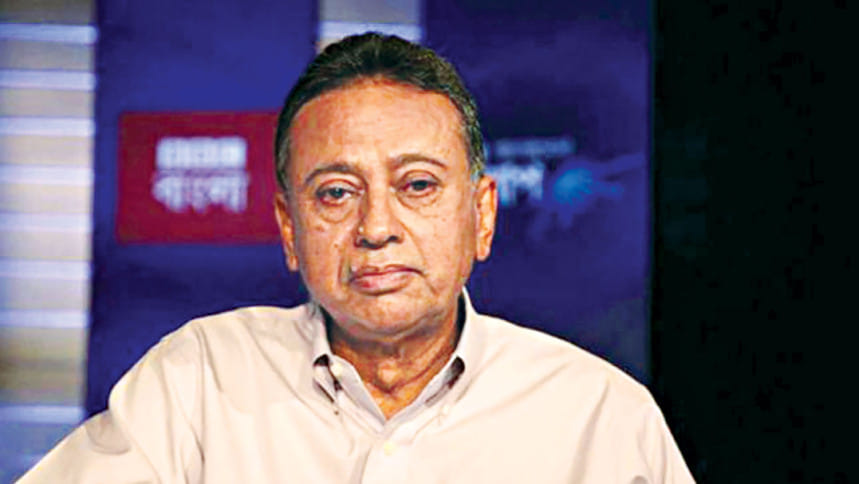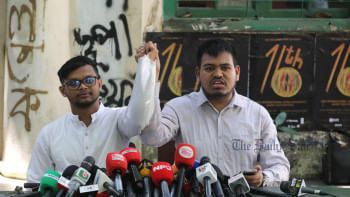Country sliding backward amid democratic delay

BNP senior leader Amir Khosru Mahmud Chowdhury yesterday said Bangladesh is gradually going downhill as it has failed to move to a democratic order even a year after the mass uprising.
"One year is actually a long time. The country should have transitioned to a democratic order through the electoral process long ago. Because of this delay, Bangladesh is going downhill day by day," he said while speaking at a seminar.
Historically, Khosru said, countries that quickly established a democratic system through elections after a revolution or mass uprising tended to fare better.
Khosru, a member of the BNP standing committee, said the situation is becoming increasingly difficult due to the absence of democracy and an elected government in Bangladesh.
He highlighted the growing gap between the interim government and the people, pointing out that there is no bridge between the two.
"We are witnessing a collapse in law and order, lack of security, and a business environment that's simply not viable. Factories are not receiving new investments because no one is willing to invest their time, money, or resources in this uncertainty," he said.
Despite hosting international summits and discussions, he pointed out that the country has failed to attract real investment.
Khosru said political parties must stop claiming credit for the mass uprising as a tool for their future politics.
"If we continue to fight over credit for the movement, Bangladesh has no future. The credit belongs to the people, to those who made sacrifices for the country, not to individuals," he said.
Khosru mentioned that true freedom fighters returned to their lives and work after the Liberation War.
"Those who fought on the front lines returned to their roles. Teachers went back to their schools, and students returned to their colleges. We need to move beyond the idea of using the freedom struggle for personal gain. It's time to focus on building the future of our country," he said.

 For all latest news, follow The Daily Star's Google News channel.
For all latest news, follow The Daily Star's Google News channel. 



Comments